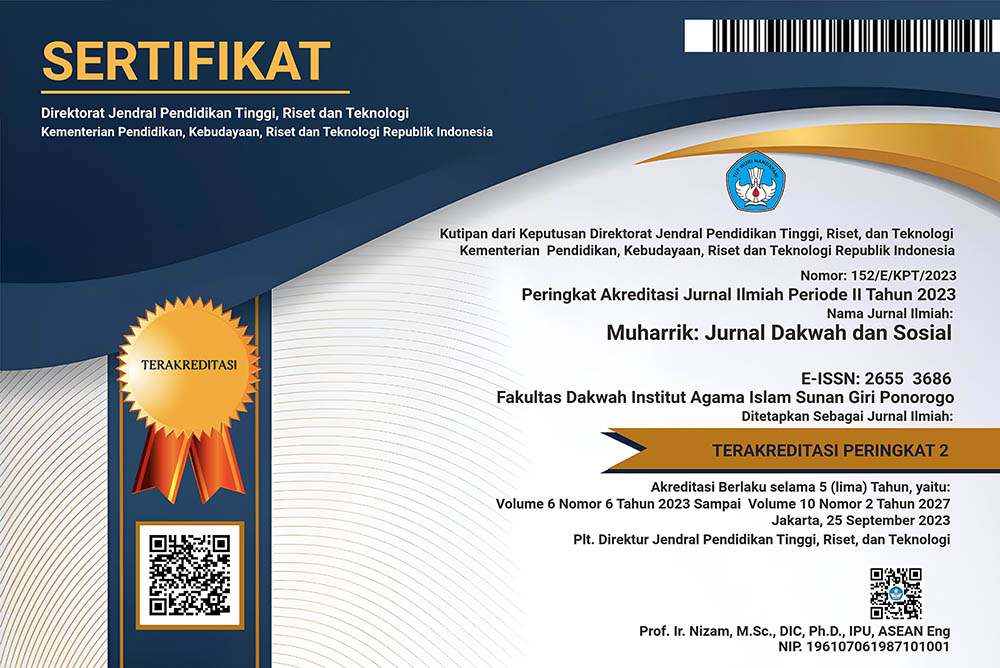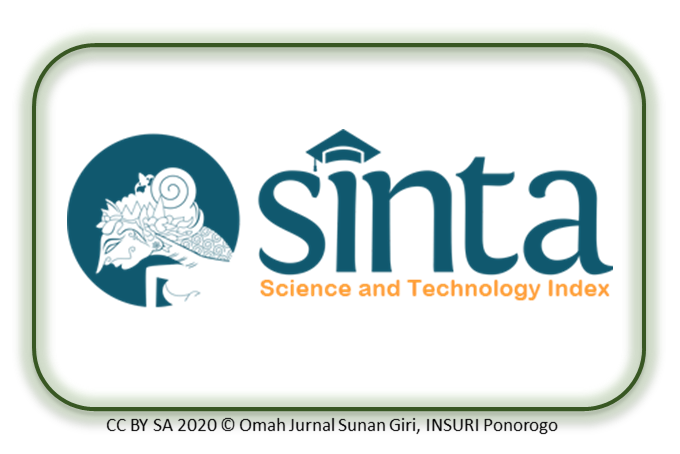Islamic Eco-Theology in Practice: Revitalizing Environmental Stewardship and Tawhidic Principles in Agricultural Community
Keywords:
farming, enviroment, theologyAbstract
This article describes the development of environmentally friendly farming patterns through organik farming practices, sustainable pest control, the application of monotheistic values in agriculture, and the role of farmer groups as learning platforms. The research method employed is Participatory Action Research (PAR), involving collaboration with farmer groups and the community. The steps include in-depth research using Participatory Rural Appraisal (PRA), strategic planning, resource mobilization, and the development of critical awareness. The collaboration process includes experimenting with organik farming, analyzing agricultural conditions, seasonal calendars, power relations, and planning for environmentally friendly farming. Farmer groups learn from other organik farming communities, practicing the production of compost, liquid organik fertilizer, botanical pesticides, and land processing. The study of Agricultural Tawhid strengthens the spiritual dimension in farming. The outcomes include awareness of the importance of environmental conservation by reducing chemical usage, replacing them with natural materials, and developing skills in environmentally friendly farming practices. This awareness is grounded in the perspective that farming is an act of worship and a noble endeavor to provide sustenance for humans and other creatures.
Downloads
Published
Issue
Section
License
The author(s) retain/s the copyright and grant/s Muharrik: Jurnal Dakwah dan Sosial the first publication rights licensed under the Creative Commons Attribution-NonCommercial 4.0 International (CC BY-NC 4.0) , which allows others to access (search, read, download and quote), share (copy and redistribute the material in any media or format) and adapt (mix, modify and develop) works for legitimate non-commercial purposes, with recognition of the authorship of the work and its initial publication in this journal.












